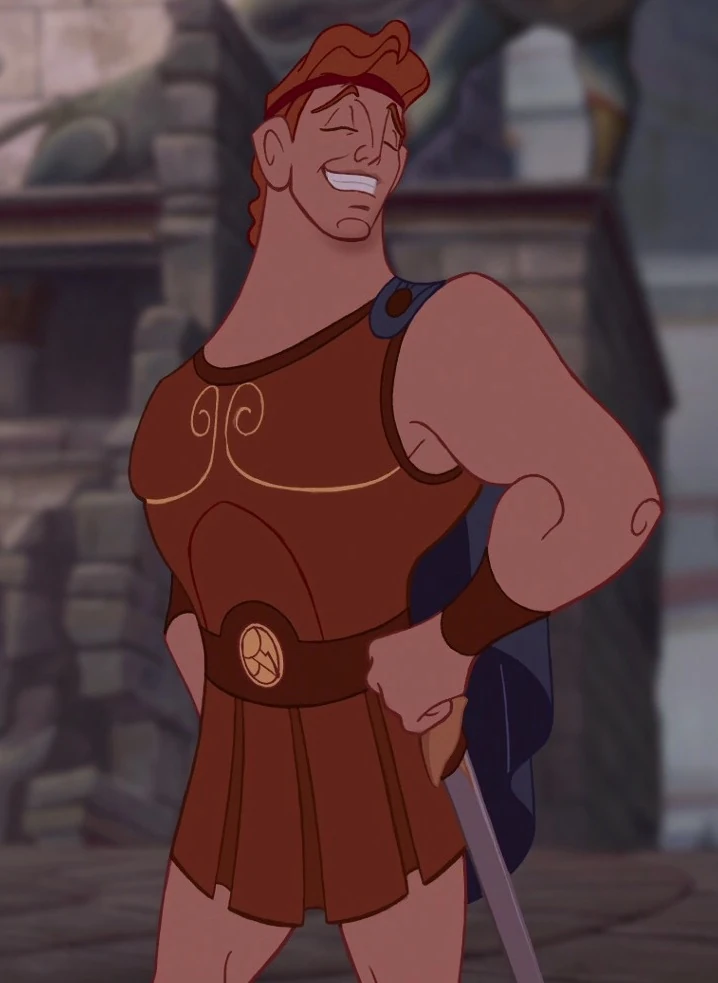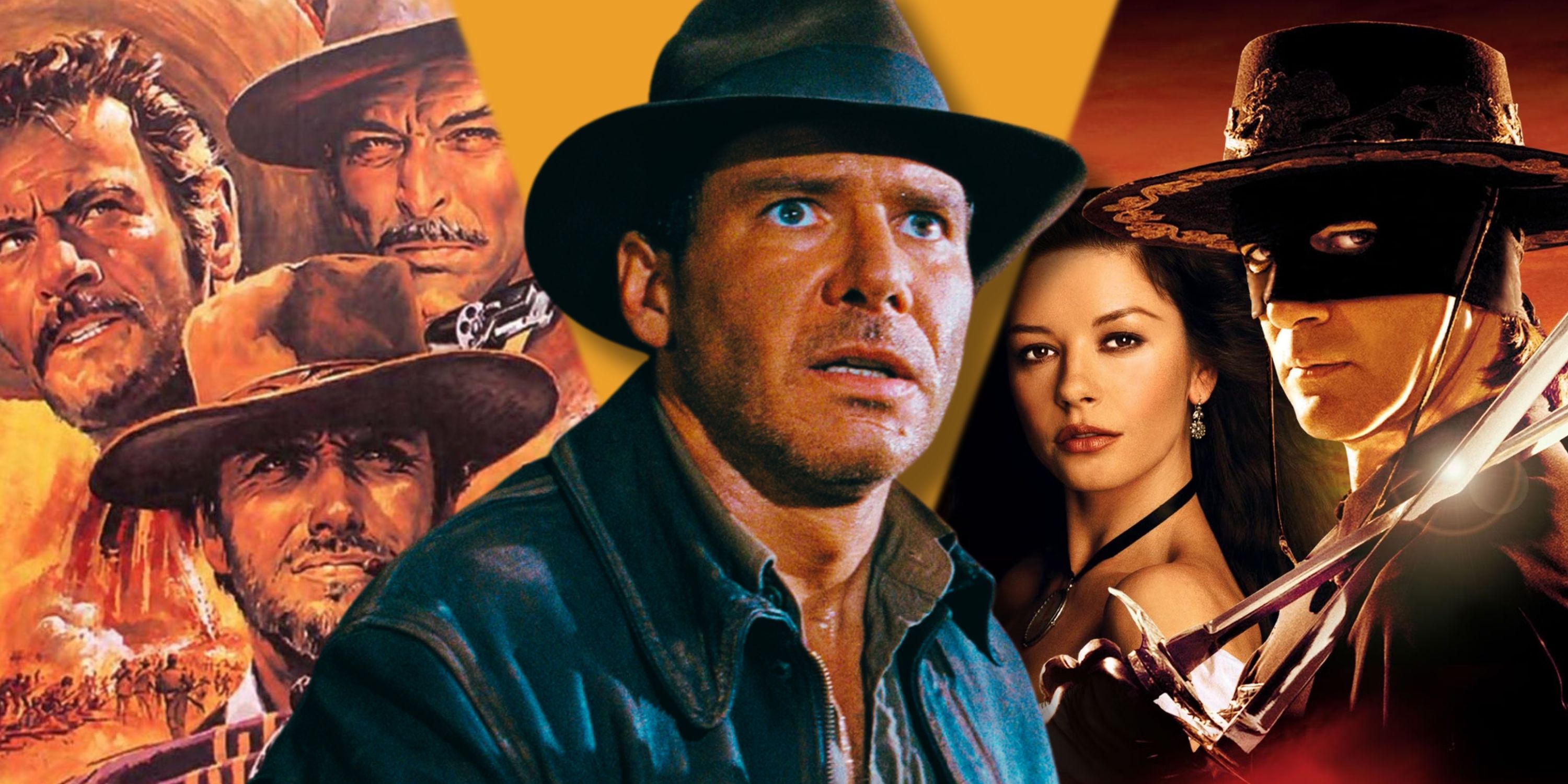A Universal studio chief recently made headlines by claiming that Homer, the legendary originator of Classical Greek literature, would likely have been proud of Christopher Nolan’s . Clearly, it's an incredibly bold statement, and it inevitably sparked widespread debate among fans of Nolan’s work and Classical scholars alike. From what we know about the legendary author, who supposedly lived around 2800 years ago, if he lived at all, it’s very hard to tell what Homer would have made of the director’s latest film.
The Universal executive speaking at CineCon about Nolan’s Odyssey on Homer’s behalf was Jim Orr, the head of distribution at the major studio, who also described the movie as a “once-in-a-generation cinematic masterpiece.” His comments have further ramped up expectations for what is already shaping up to be one of the most anticipated movies of Christopher Nolan’s career. Still, Universal might have a challenging time explaining Nolan’s movie version of The Odyssey to an Ancient Greek poet, even if they were the proud author of its story.
Given that , it’s inevitable that Christopher Nolan’s movie adaptation of the work will contain some historical anachronisms. It’s debatable whether Homer himself would have picked up on any inaccuracies in the film, though, as he’s said to have lived over 400 years after the events depicted in his epic poem took place. Luckily for him, today’s Classical scholars and archaeologists are up-to-speed with many aspects of Bronze Age Mycenaean Greece, which is where The Odyssey’s mythical hero Odysseus is supposed to be from.
Scholars have already taken issue with the type of armor Matt Damon is seen wearing in an early still image from Nolan’s Odyssey. It turns out that Mycenaean warriors wore a very different military get-up into battle, known to archaeologists as the Dendra armor, including a bizarre-looking, oblong wooden helmet (via Ars Technica). On the other hand, Damon’s costume, and his headwear in particular, bears all the hallmarks of Greek hoplite armor from the 8th century BC, the age in which Homer lived.
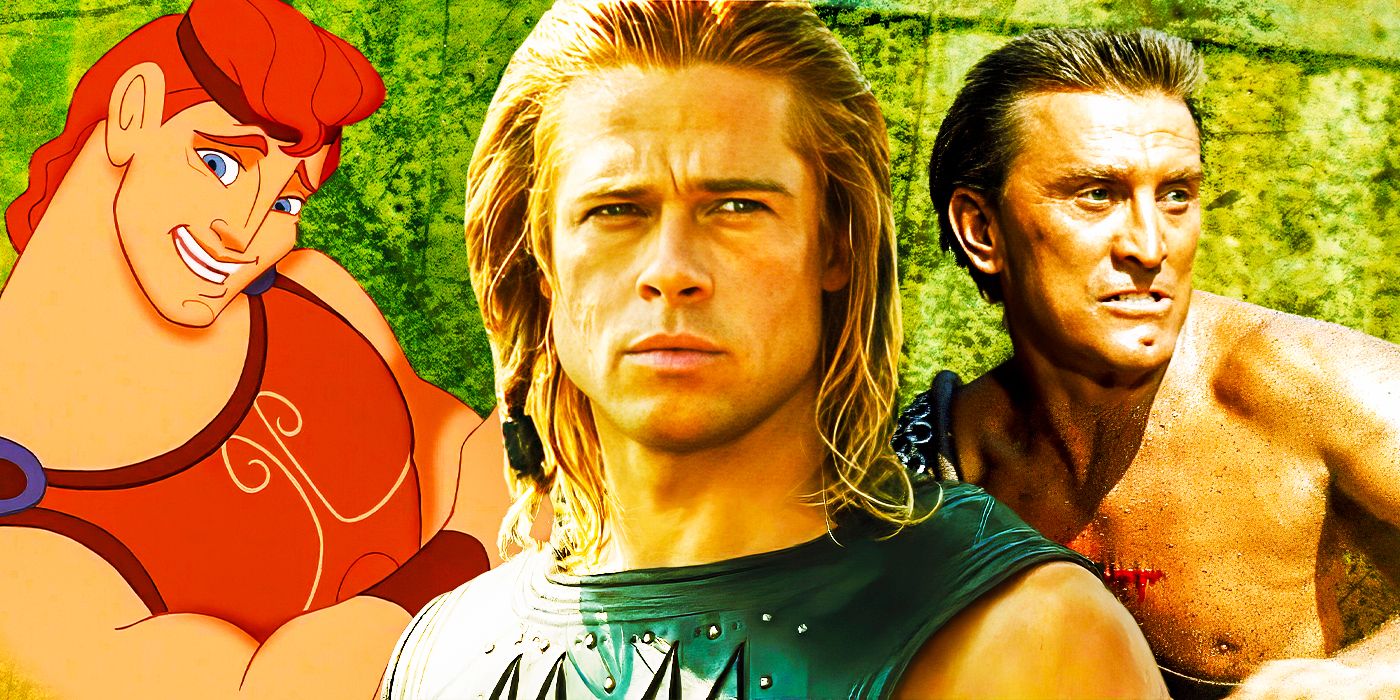
Related
25 Best Greek Mythology Movies
From classics like Spartacus to offerings from the 21st century like Troy (2004), Greek mythology movies often showcase Hollywood at its finest.
, just as we wouldn’t expect to see soldiers in a movie about the 1600s dressed in modern army gear. Yet the author couldn’t have known what the Mycenaeans of 1250 BC wore into battle, either, as there would have been no historical record about what their armor looked like available to him at the time.
One thing’s for sure about Homer’s first reaction to Christopher Nolan’s Odyssey. , and upset by the lack of singing in this adaptation of his story. Since the cinematic medium was invented in the 19th century, it goes without saying that there was no such thing as a movie in Ancient Greece. Meanwhile, Nolan has never directed a musical, and it doesn’t look like he’s about to start now with this historical epic.
Even Ancient Greek stage dramas were 300 years away from the time in which Homer’s said to have written The Odyssey, and his other great epic poem, the Iliad. , which was typically sung from memory by bards at social gatherings. In fact, Homeric-style verse wasn’t just an art form in this era of Greek history. It was a form of historical record, which allowed the memory of previous centuries to be passed down from generation to generation.
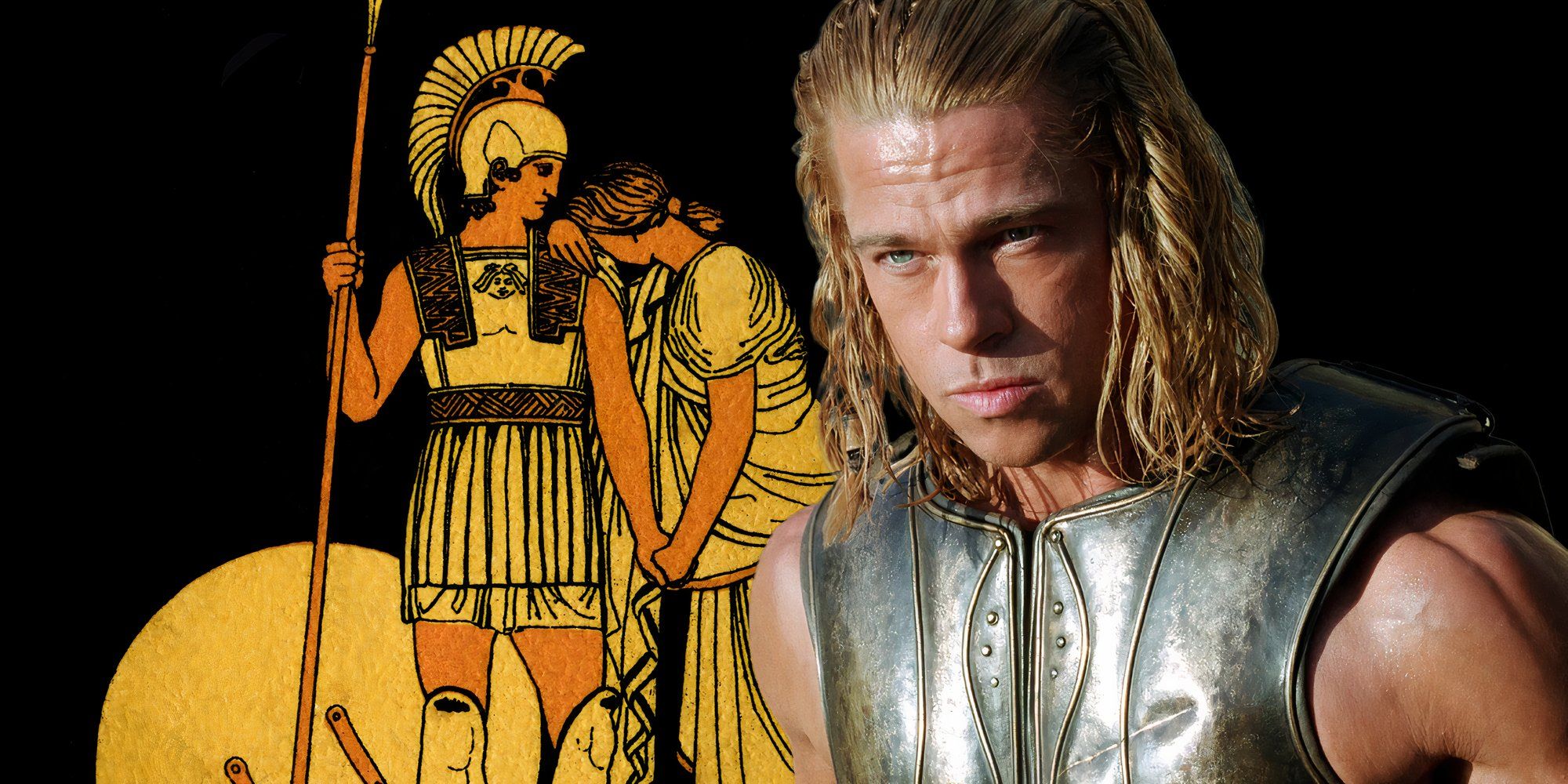
Related
Homer Or Hollywood: 5 Inaccuracies In Brad Pitt’s Troy (& 5 Times They Got It Right)
2004 sword-and-sandal epic Troy got a lot right in its adaptation from Homer's original story, The Iliad. But it's also terribly inaccurate at times.
, as they made it easier for performers to remember the stories being passed down to them, in the absence of written records. Naturally, stories were distorted and embellished in the process of being passed orally from one generation to the next, and it’s debatable whether any part of the myths recorded by Homer in The Iliad and The Odyssey actually happened.
It’s assumed that some version of the Trojan War, which forms the basis for both poems, did indeed take place. However, this war certainly didn’t take place in the manner depicted in Troy, the movie most compared to Nolan’s Odyssey project. Homer would likely be amazed and horrified by the photorealism of both films, which would contrast profoundly with his own vivid verse narrative. Nevertheless, it’s likely that if he had to choose, the poet would go for Nolan’s Odyssey over Wolfgang Petersen’s flashy but insubstantial 2004 movie starring Brad Pitt.
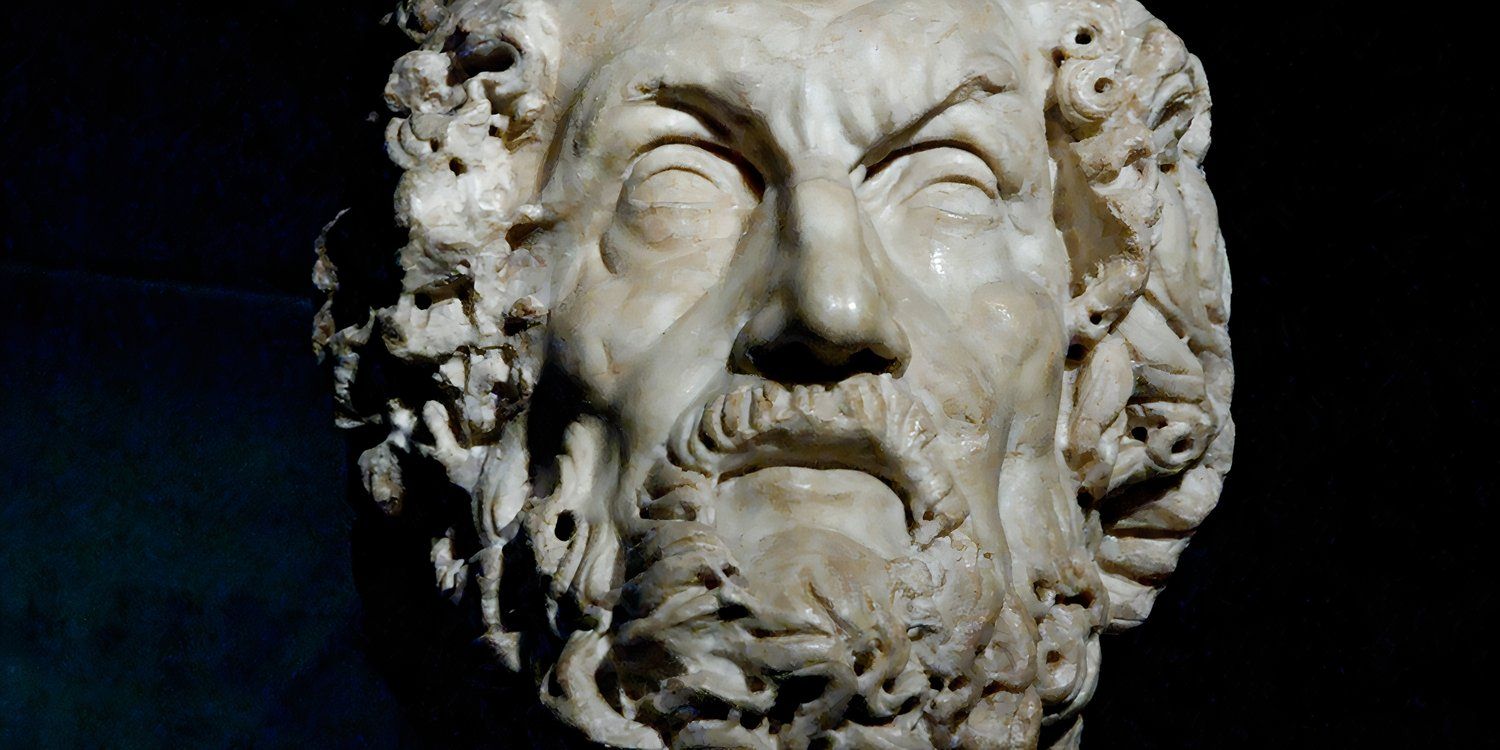
Every presumption as to what Homer might think of Christopher Nolan’s Odyssey is conditioned by the idea that the author even existed as a historical person. There is plenty of evidence to suggest that bards like Homer did exist around the time that he was supposed to have been alive, and that at least one of them recited the Iliad and the Odyssey as they were then transcribed using the early Greek alphabet.
But Homer the person exists solely in historical references at least 300 years after he was said to have lived. . It’s more probable that the Iliad and the Odyssey were part of myth cycles passed through the generations of Ancient Greece via oral tradition, and formalized in the 8th century B.C. by multiple authors (via Greek Reporter).
This isn’t a movie made for Ancient Greek poets. It’s made for a modern-day global audience.
Even if we say, for the sake of argument, that Homer the person did exist, then allusions in shorter poems known as the Homeric Hymns and Epigrams suggest that . He wouldn’t have been able to take issue with exactly how historically accurate Matt Damon’s Odysseus costume is, although he likely would have had the same problems many moviegoers experience with Christopher Nolan’s mixing of the sound in his films.
It’s safe to conclude that Homer, if there was such a person, wouldn’t have enjoyed Nolan’s The very much. But, this isn’t a movie made for Ancient Greek poets; i’s made for a modern-day global audience. If the film is half as good as early reports suggest it could be, then it’s certainly going to be a work that any director should be proud of.
Sources: Ars Technica; Greek Reporter






